Sarai at the Arcola Theatre
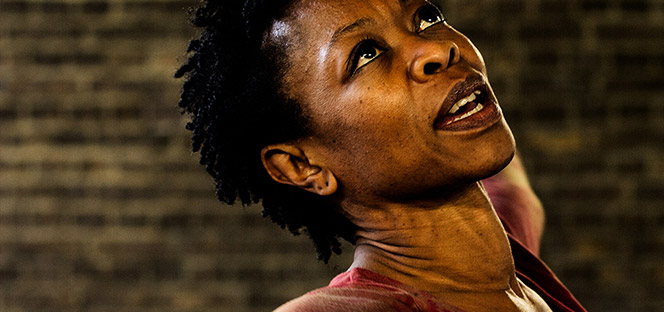
Created by Crying in the Wilderness Productions, the play Sarai adopts a methodology branded “theatre of the soul”, an approach that seeks to explore different psychological states and express the impetuses lying in the subconscious. This is largely accomplished in the rehearsal process, where the body is used as a starting point to engage with different stimuli. The entire creative team works together to bring to the fore the inner life of the character: a timeless and universal medley of feelings, urges and hopes.
The play is centred around a prophecy. A woman named Sarai is told that she must let herself be led on a journey, that she will be given a child, and that her destiny is to create a great nation. Keenly aware of her barrenness and continually experiencing “phantom pregnancies”, Sarai undertakes the quest and finds herself facing one crisis after another– from civil war to famine and plague. The spoken word acts as a guideline, but the play is strongly focused on the transmission of feeling.
Karlina Grace-Paseda delivers a raw interpretation of the predestined Sarai. She single-handedly takes the audience through the character’s arduous journey. Her monologues are interwoven with musical interludes where words give way to expressive melodies and eloquent choreography. The soundscape plays a fundamental role, as music is the most effective way to awaken a primordial sensation: the visceral feeling that naturally arises from a rhythm. The four musicians make use of various instruments to create a magical and otherworldly mood.
Sarai’s main theme is the classic journey towards betterment and peace, and the struggle of attaining this goal. The set itself strives to encompass the concept of timelessness: it emulates what appears to be a desert, decorated with rags, washed-out clothes and a couple of old suitcases. It transmits a sense of isolation and freedom, of changing humans and the permanence of the land.
In a deliberate attempt to step away from western storytelling traditions, writer and director Paul Anthony Morris embraces a multicultural mix that borrows from mythology, history and religion. He includes movement and mime elements to aid the narration of the story but the physical components mainly serve to convey an ache, a struggle, an innate bond between land and people.
Although one cannot fault Grace-Paseda’s heartfelt performance or the musicians’ wonderful contribution, there is something in the structure of the play and the fragmented narrative that fails to fully capture the audience. While Sarai is a strong and well-defined character, her story is somewhat loose and abstract, perhaps hampered by the desire to make it universal. Nonetheless, the play presents an intriguing approach to theatre-making and proves to be a perfect marriage of disciplines.
Mersa Auda
Sarai is on at the Arcola Theatre from 21st October until 7th November 2015, for further information or to book visit here.

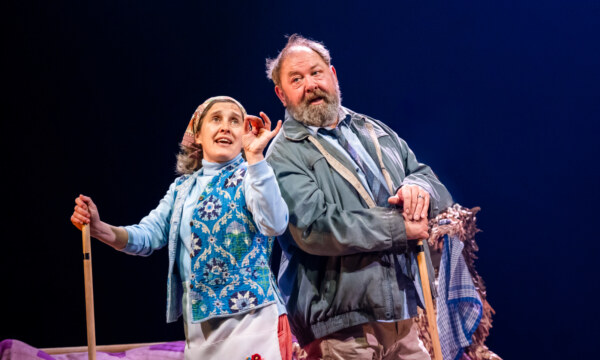
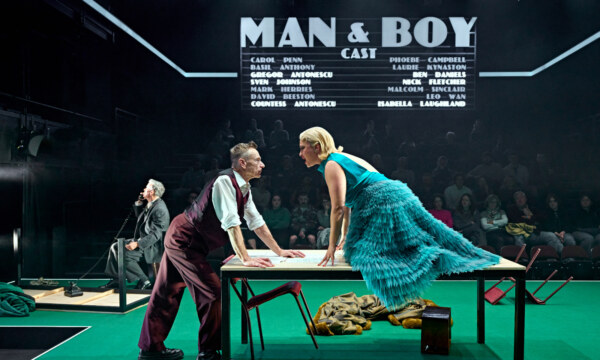
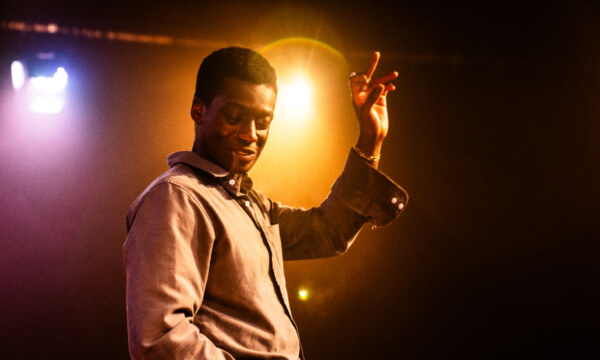
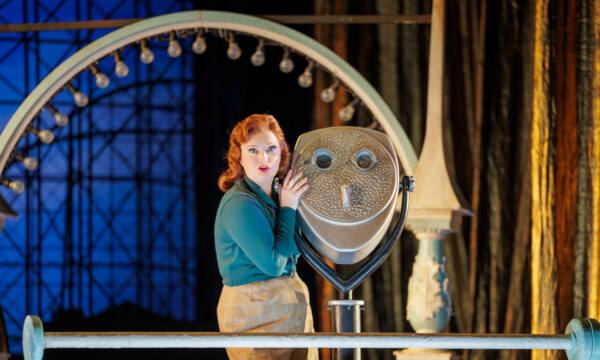
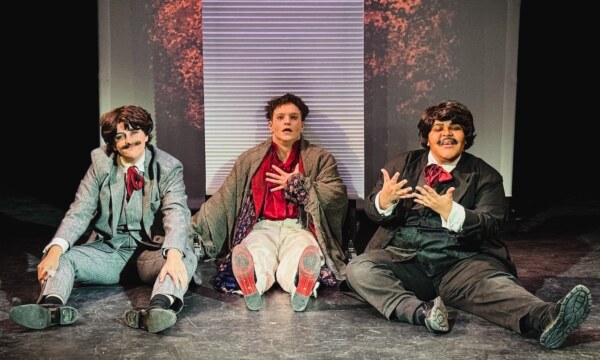
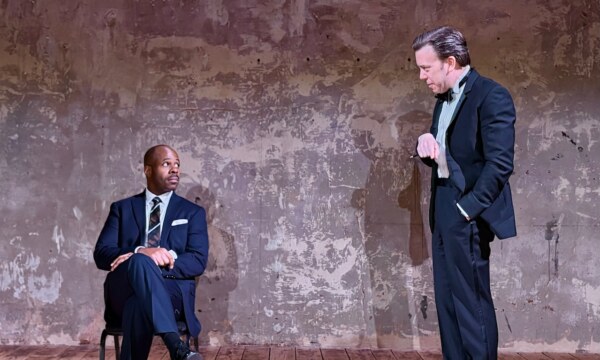
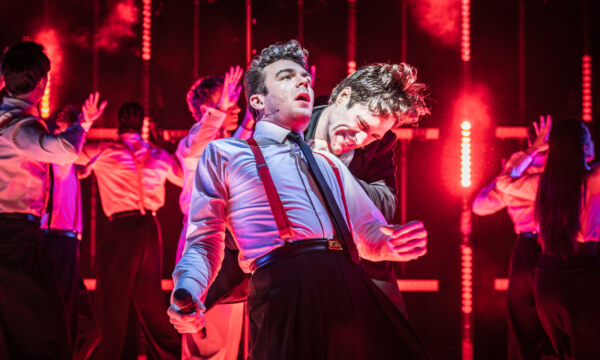
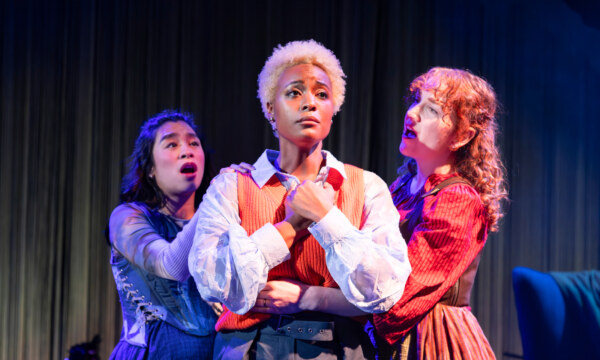
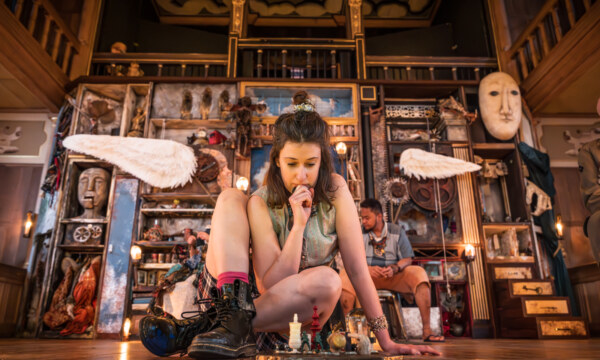


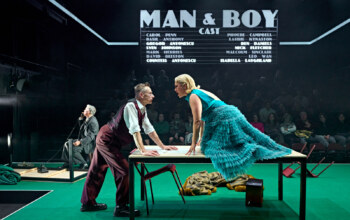
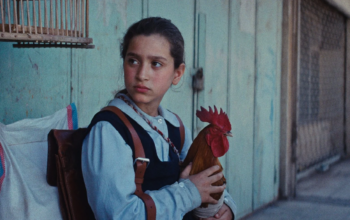

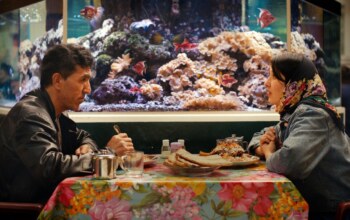









Facebook
Twitter
Instagram
YouTube
RSS